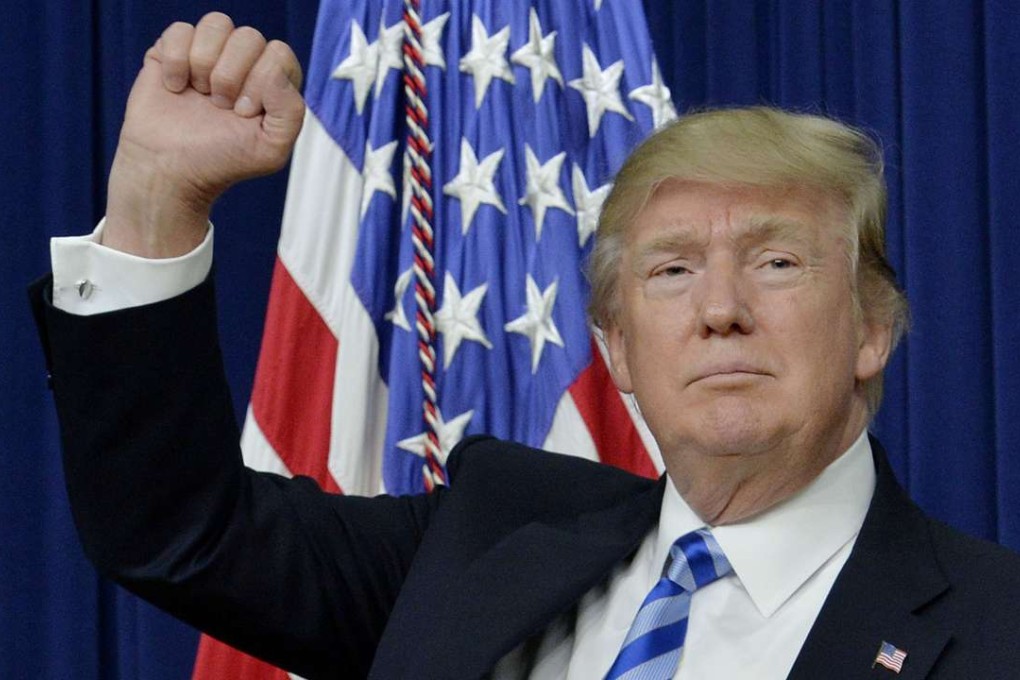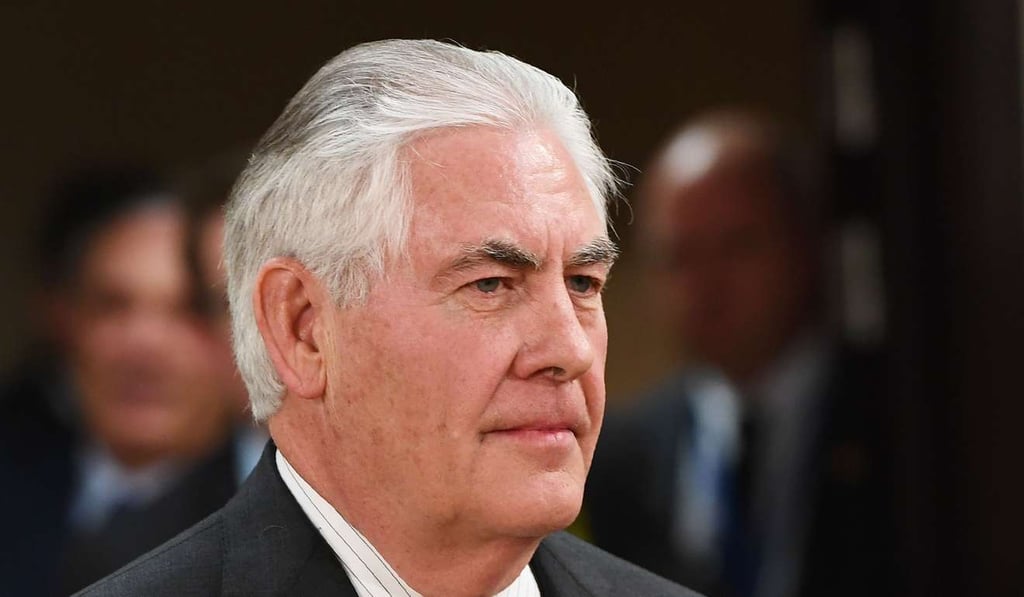Will Trump echo Xi’s words in leaders’ first meeting?
Approval by US president of Chinese president’s much-used catchphrase would be depicted as diplomatic breakthrough for Beijing

US President Donald Trump could echo one of Chinese President Xi Jinping’s favourite catchphrases during their first meeting on Thursday in Florida, in exchange for concessions from Beijing over North Korea and Trump’s other priorities such as the trade imbalance between the countries, diplomatic experts say.
Such an unprecedented trade-off between the leaders of the world’s two biggest economies on the “new type of great power relations” is expected to appear in a joint statement at the end of the summit, if one is issued.
According to Chinese diplomatic sources, Xi’s formula for China-US relations based on “non-conflict, non-confrontation, mutual respect and win-win cooperation”, key components of the catchphrase, was included in a draft statement Beijing presented to Trump’s White House.
If Trump approves the phraseology, it will no doubt be music to the ears of Xi, who coined the phrase during his trip to Washington in February 2012 as China’s heir apparent and vice-president, and is expected to be depicted as a major diplomatic breakthrough for Beijing.

It also looks set to draw criticism across the board in the United States, especially if Trump fails to secure substantial concessions from his Chinese counterpart.